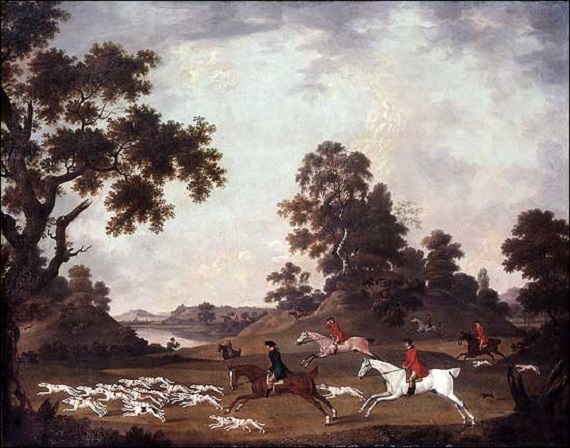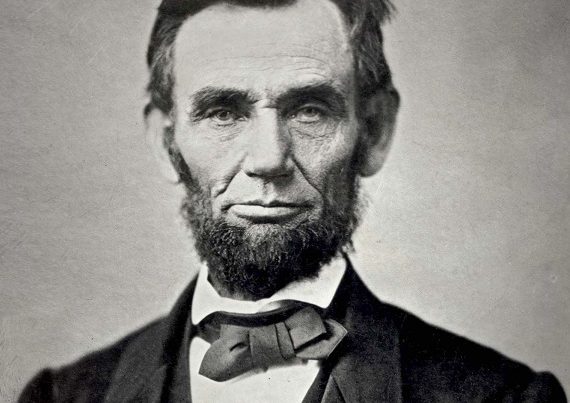Are you ready?
Hell yea!
Damn right!
Hotty Toddy, gosh almighty,
Who the hell are we?
HEY!
Flim Flam, Bim Bam, OLE MISS BY DAMN!
WARNNING: Blasphemy ahead.
College football has long cast a powerful spell upon the minds and hearts of the people below Mason’s and Dixon’s line. Team flags fly from cars and porches openly declaring the citizenship of the displayer as a member of the Gamecock nation, Gator nation, assorted Tiger nations, and all other nations that populate the lands of the SEC, ACC, the Southern Conference et al. The stadia where our gladiators ply their trade are sacred shrines of past triumphs, agonizing cathartic defeat, and eternal springs of hope. Ah yes, football.
Now, dear reader, before you dismiss me as one more book-worm casting sarcastic, envy-laden aspersions and blasphemies upon this most Southern of religions, a bit of disclosure might be helpful. In high school I played football and lacrosse. Later in college, and a little beyond, I played rugby (American football’s Daddy)—and I have enjoyed a few bouts of what we might call “recreational boxing.” So I know from experience all about two a days in the August heat and humidity, Friday night lights, and the ringing of bells—mine and others.
What I have come to realize is, traditionally speaking, football just ain’t all that Southern. Consider the following: American football is an odd blend of various “football games” resembling variations of soccer and rugby. These games were played in such disparate locales as prep schools in the north, the Ivy League schools, and among the toughs who worked the steel mills, iron foundries, and coal mines of western Pennsylvania and eastern Ohio. The father of American football was not Bear Bryant (Gasp!), but a Connecticut Yankee from Yale by the name of Walter Camp. It gets worse. Professor Andrew Doyle of Winthrop University, the true master of this sort of arcana, has observed that football was the game of the industrial machine age. Indeed, at the turn of the last century, many Southern parsons and Daddies were adamantly opposed to having their young ones play a damned Yankee factory game. Some of these parsons suggested baseball as a more “bucolic” alternative. All too bad since baseball was a Yankee and city-boy game as well. Alexander Cartwright, the father of modern baseball, was the New Yorker who first codified the rules of the game. Even worse, well worse for some folks anyway, the game of baseball can trace its earliest origins to late medieval France.
Oh, I do grant you dear reader that the South tried very hard to both baptize and deep-fry football. Professor Doyle assures us that Southerners adopted football as their own to win redemption for grandaddy’s whuppin’ at Gettysburg. Every fan knew the Almighty rooted for their side, every great coach was another Bobby Lee, every great back a Jeb Stuart, and every game against a team from up North was another Vicksburg—but with the appropriate ending this time around. The South, in a charming Walter Scott sort of way, promoted marching bands, homecoming courts, and of course cheerleaders. Fans attended games in semi-formal attire back in the day—like going to church. All of these trappings made the college game, as played in the South, resemble an odd blend of a well-heeled Episcopal service and a jousting tournament in the waning days of the middle-ages, just as gunpowder was coming into its own. It was all a far cry from the way the boys whose last names began with “Mc” or ended in “ski” played the game in its early years. And as the South enjoyed more success on the “old gridiron” (Gridiron, it doesn’t even sound Southern, does it?), it showed the rest of the nation that it had arrived in the modern, progressive, swinging world of state-sponsored, industrial capitalism.
So dear reader, you may be thinking, “If football really ain’t so Southern, at least in the traditional sense, then what sports are?” The blood sports dear reader, the blood sports. With respect to the sporting life, Thomas Jefferson once advised a nephew that,
“A strong body makes the mind strong. As to the species of exercise, I advise the gun. While this gives a moderate exercise to the body, it gives boldness, enterprise, and independence to the mind. Games played with the ball, and others of that nature, are too violent for the body, and stamp no character on the mind. Let your gun therefore be the constant companion of your walks.”
One might also add fishing and horse racing, the last being a particular favorite of Mr. Jefferson.
What is truly important in all of this flippancy is that sports are an interesting barometer of society. Jefferson’s choice of recreation is the choice of an Old Republican. Agrarian republics need men (and women) who are bold, enterprising, and independent. Why? Because these are precisely the traits people possess who are capable of self-government, and who possess character, rather than being a character. What then is the football fanatic capable of? Good question—these days it seems to involve alcohol, nudity, and body paint.
Does this mean then that if the South abandons her love affair with college football that all will be right in Dixie? No, that would be like throwing out the thermometer to get rid of the fever. But dear reader we might ask ourselves the question why some of us may care more about our football teams than we do our families, our neighbors, and our country? Then we might just begin to diagnose some of the maladies that afflict us.
Note:
Dr. Devanny is a recovering collision sport thug and football fanatic, who now spends too much of his free time in the fall on guns, hunting, and on an insufferably spoiled Boykin Spaniel.







